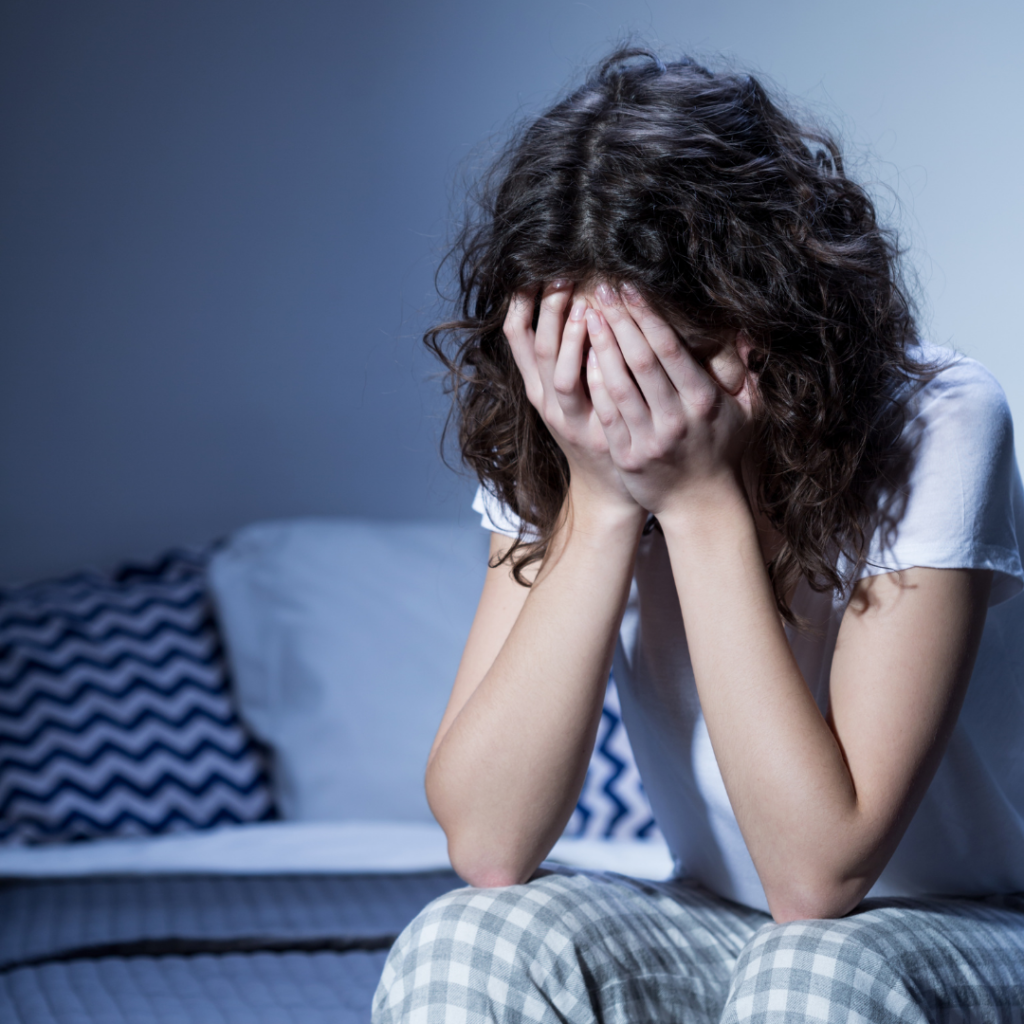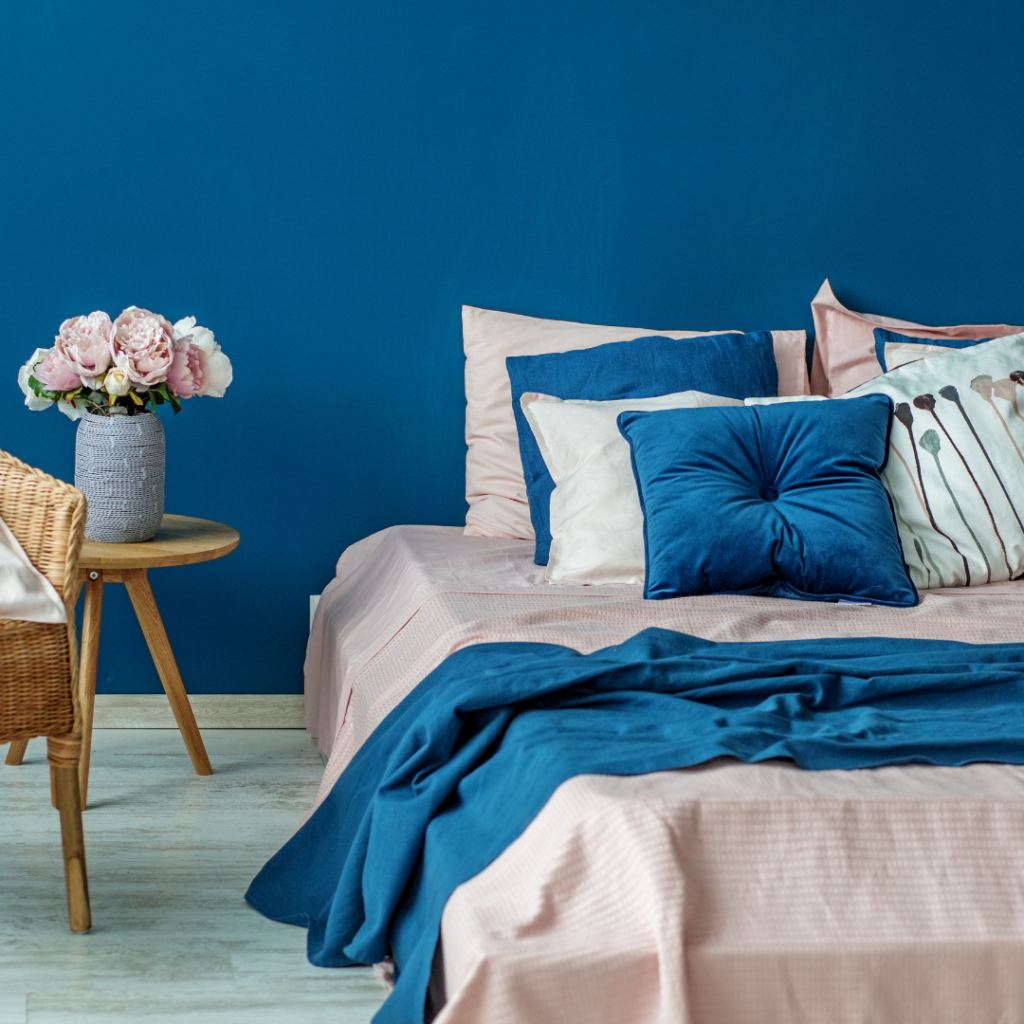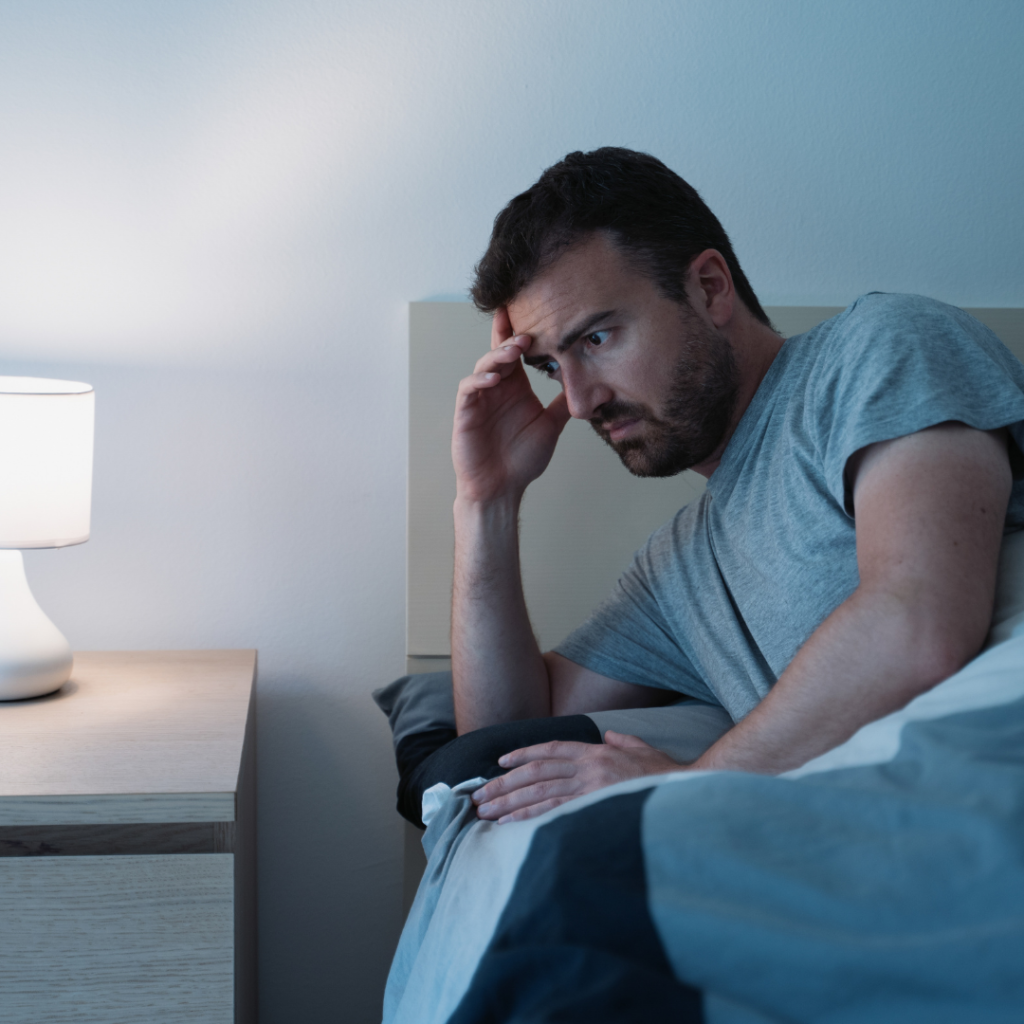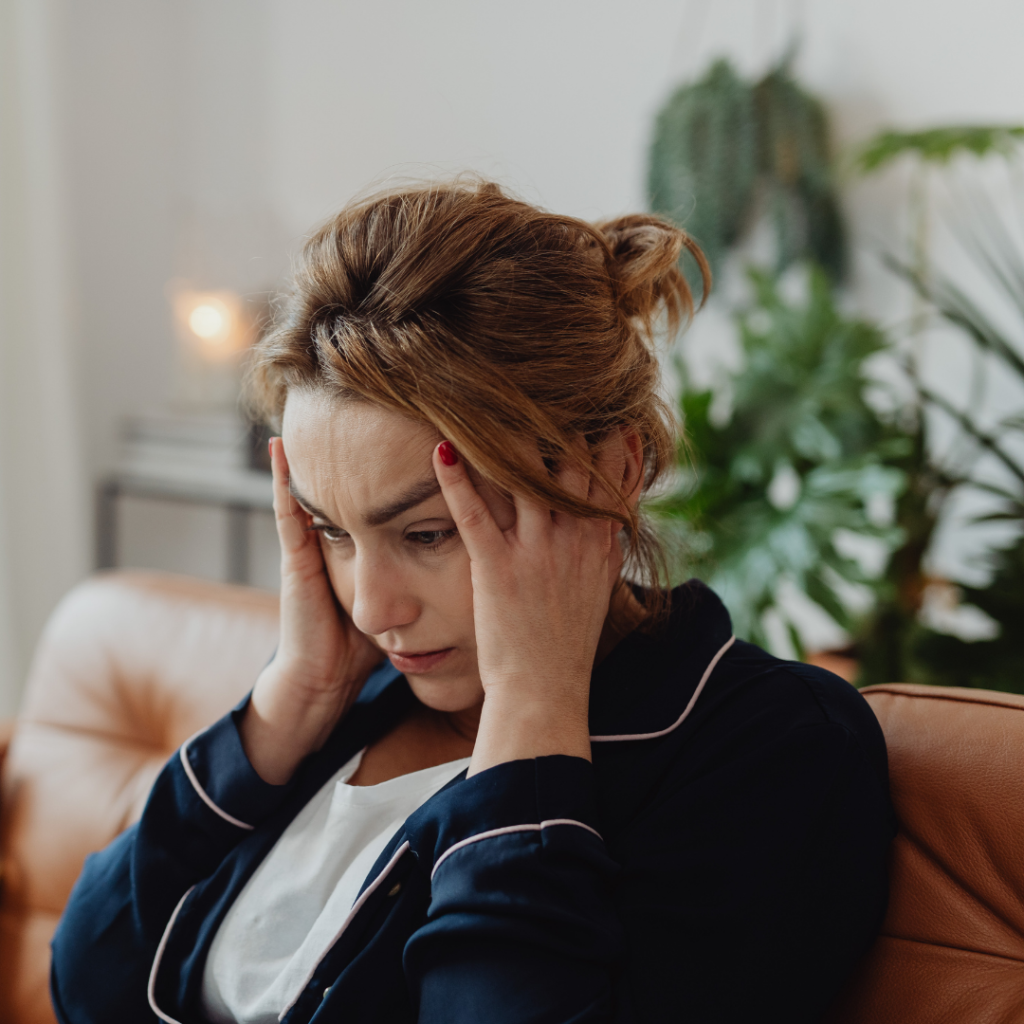Our children, repeated travel, and shift work schedules are obligations that we sometimes cannot avoid. These obligations can lead to insufficient sleep and irregular rhythms. However, they can also be the result of bad habits. For example, an unbalanced diet, constant stimulation in the evening, low physical activity, and anxiety can all combine to gradually degrade the quality of our sleep.
We propose through this article to improve your sleep by changing some of your behaviors.
You don't sleep enough

In France, 1 in 5 people suffer from insomnia. This complex issue can affect all aspects of sleep: difficulty falling asleep, waking up during the night, early waking, feeling tired upon waking, and feeling like you slept poorly. When this phenomenon occurs at least three times a week for at least one month, it results in fatigue, irritability, attention disorders, and concentration problems.
Treatments exist and can be medicinal, but they can also involve behavioral changes. We suggest:
- Establishing a bedtime and wake-up ritual. Go to bed and wake up at regular times. By following this sleep routine, you will "train" your brain to feel tired at certain times and awake at others.
- To facilitate falling asleep, we recommend practicing a relaxing activity like meditating or reading a book.
- Avoid blue screen light before bedtime. It disrupts our biological clock.
- Eat light before going to bed. A heavy meal will disturb your digestion and delay your sleep onset.
- Take a cool shower just before sleeping. This will lower your body temperature, helping your body to enter the sleep phase more easily.
- Sleep in a quiet and dark room.
- Avoid napping in the afternoon. They tend to worsen insomnia.
- Learn to manage your daily stress. For example, write down everything that weighs on you and what you plan to do the next day in a journal. This will prevent you from overthinking when it's time to sleep.
You spend your evenings on the Internet

Like 35% of French people aged 25-45, you surf the Internet, write emails, or play games during the hour before bedtime. Our habits and behaviors have been significantly altered by the Internet. Online activities are very stimulating, such as searching, contacting friends, or playing games. However, in the evening, to be able to fall asleep, we need calm and relaxation.
Additionally, the blue light produced by most of our screens disrupts our biological clock. The light from our screens interferes with the production of melatonin, the sleep hormone. By using your screens before bed, you disrupt your sleep phase.
We advise you not to use your screens one to two hours before going to bed. This ritual will be difficult to establish at first, as it will require changing your habits. But in the long run, it will be very beneficial for your sleep and therefore your health. Instead, read a book, meditate, or listen to soft music to relax.
You like to exercise frequently

Unlike other habits, this one is favorable for sleep. Exercise has various beneficial properties: anxiolytic, antidepressant, and analgesic. It also promotes the release of endorphins, creating a feeling of relaxation and well-being.
Additionally, exercising helps synchronize our internal clock, stabilize circadian rhythms, and facilitate falling asleep and maintaining sleep (fewer nighttime awakenings).
Exercise helps stabilize your weight, which is essential as being overweight is a sleep disturbance factor due to snoring and breathing disorders.
But what are the bad exercise habits?
Our body temperature fluctuates throughout the day. It is highest around 5 PM and then gradually decreases until it reaches the thermal minimum (36.5°C). When you exercise too late in the evening, you increase your body temperature, delaying the decrease and therefore sleep onset. To fall asleep, we need to lower our body temperature.
You can exercise in the evening, but within the 2 to 3 hours before sleep. Exercising at the right time will help your body prepare for sleep and even improve it. This promotes deep slow-wave sleep, allowing for better muscular and psychological recovery.
You like rich and boozy dinners, coffee, and cigarettes

Rich meals are often the enemy of quick sleep onset. They complicate digestion and are often accompanied by acid reflux. To improve sleep onset and promote good sleep, we recommend eating fiber-rich foods in the evening. Fiber is known to trigger faster sleep onset and allow for better sleep.
What about alcohol? It's a false friend! While it promotes sleep onset, it disrupts the second sleep phase and worsens snoring. Avoid consuming alcohol before bed.
Tea, coffee, and cigarettes are stimulants. Consuming them before bedtime will inevitably delay your sleep onset. You can consume them during the day, but avoid doing so in the evening.
You sleep in a room that is too hot

For good sleep, your room should have a temperature of 18 to 20°C. This temperature range allows your body to lower its temperature, making it easier to fall asleep and sleep better.
If you have cold hands and feet when you go to bed, you need to warm them up. Cold extremities prevent proper temperature regulation. We recommend sleeping with socks or warming the bed before going to sleep.
You go to bed early but still have trouble falling asleep

Remember the popular saying "Before the time, it’s not the time". This is especially true when it comes to bedtime. Our internal clock and sleep needs determine our sleep onset time. There is no point in going to bed if you do not feel tired, as you will end up tossing and turning in bed for a while.
However, when you feel tired in the evening, it is good to go to bed. It is essential to capture these "good moments" to go to bed. Ignoring them occasionally is acceptable, but you cannot ignore them daily when sleepiness sets in.
Your stress and anxiety prevent you from falling asleep

When we go to bed, our brain focuses on the things that trouble us. Concerns that our daytime activities had set aside resurface. This is also the time when the emotions and tensions accumulated during the day are expressed. You then enter a vicious cycle where the various concerns and ruminations of the day delay and disrupt sleep onset.
To sleep, your body and mind need to be calm. It is good to create a decompression space by engaging in a relaxing activity. Watching TV, reading a book, writing, drawing, or listening to music can help. You can also do some relaxation exercises, especially breathing exercises. You can also write down what is bothering you or what you need to do the next day. Writing can relieve your mind of these worries and allow it to be in the right condition for sleep.
Final words
For a good sleep, it is good to review your habits. Focus on those that cause problems and try not to repeat them. Your body will thank you, and you will feel better. To continue on this path, do you know the environmental factors that disrupt your sleep? The answer is in this article.
You can find all our advice articles in this section.
The post Behaviors & lifestyles that degrade our sleep first appeared on Le journal de l'oreiller.




Leave a comment
All comments are moderated before being published.
This site is protected by hCaptcha and the hCaptcha Privacy Policy and Terms of Service apply.